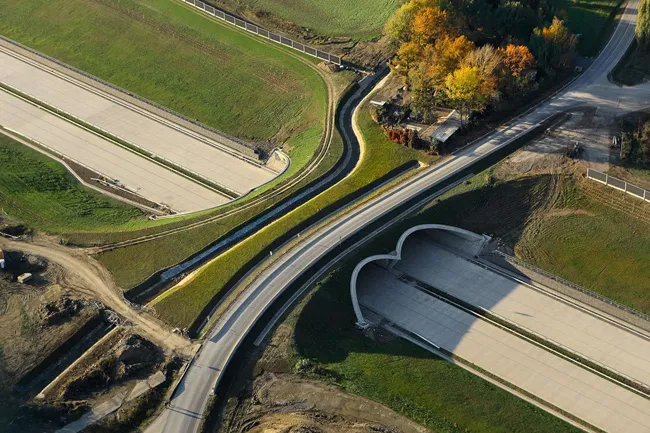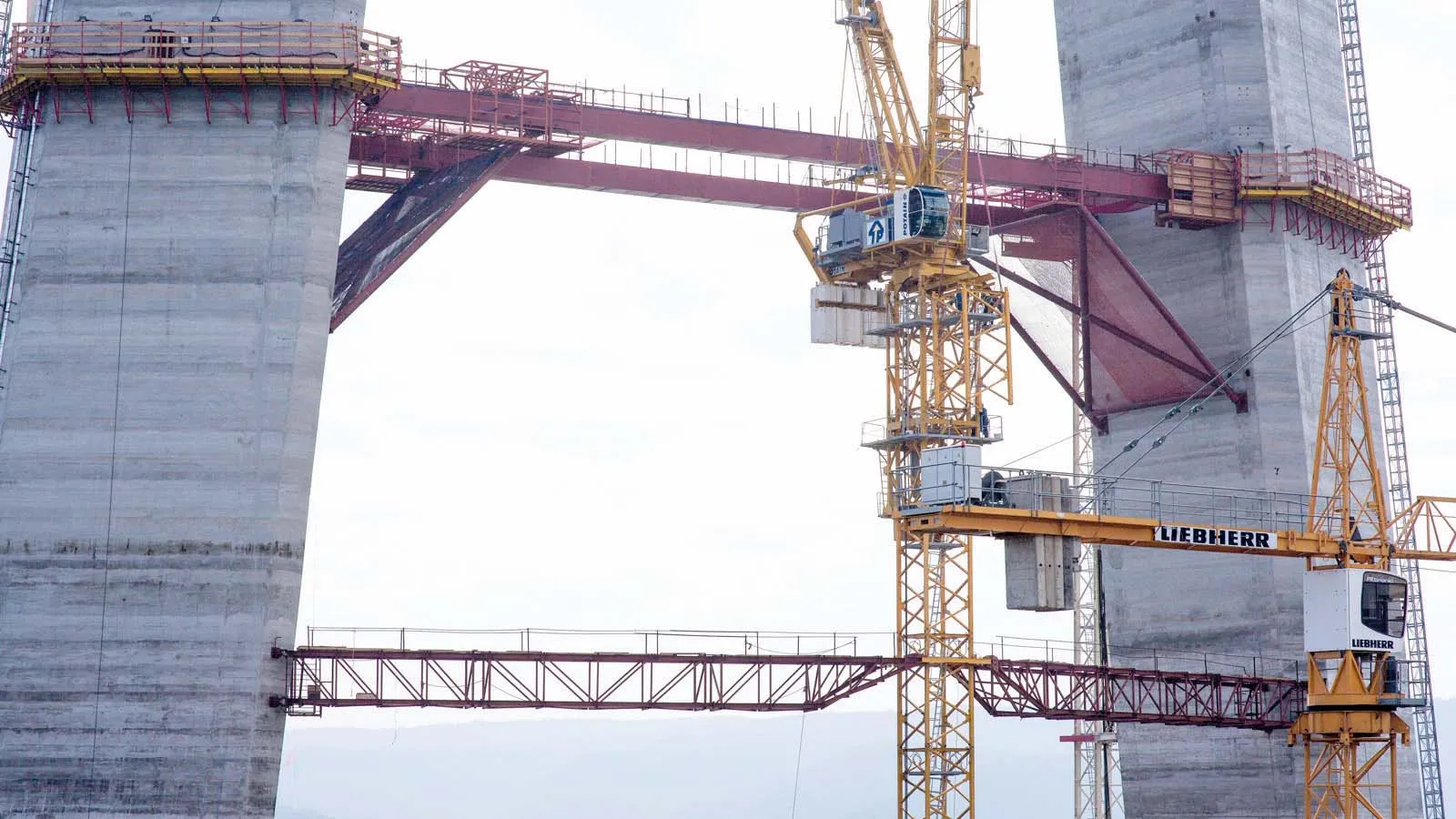The Hungarian Government is lining up an impressive plan for infrastructure investment in the coming years.
February 27, 2012
Read time: 1 min
The Hungarian Government is lining up an impressive plan for infrastructure investment in the coming years. A total of €11.14 billion will be used for developing the country's road infrastructure from the present until 2027. The plans include building 500km of highway and 1,000km of dual carriageway in all. At present the funding sources have not been revealed. It seems likely that European banks will provide some of the funds but private sources are also likely to be used. The build operate transfer and public private partnership models also seem likely to be employed as Hungary's state funds are not likely to prove sufficient for the plan.







